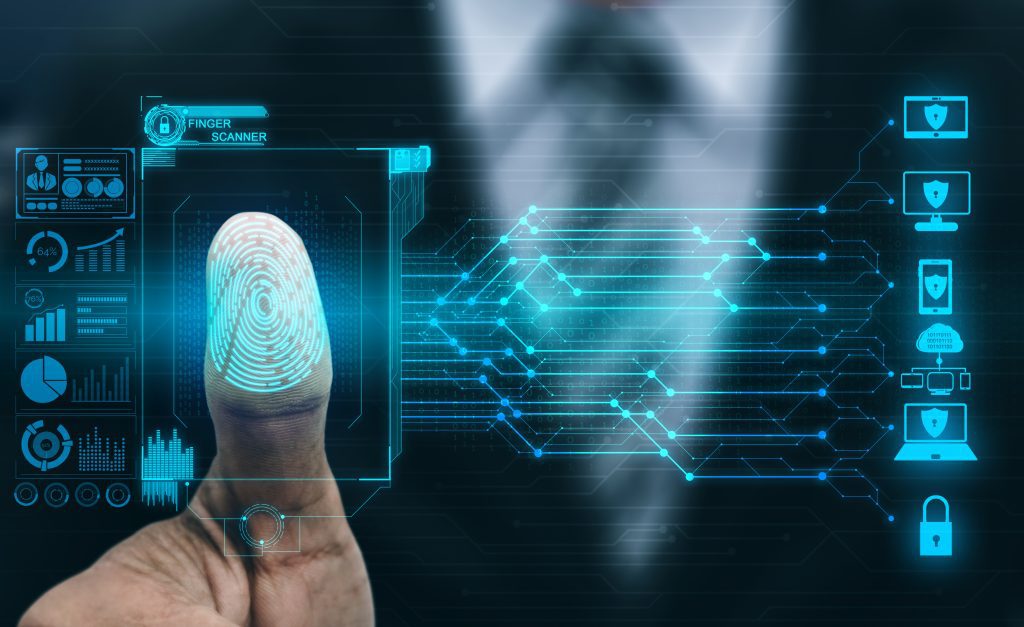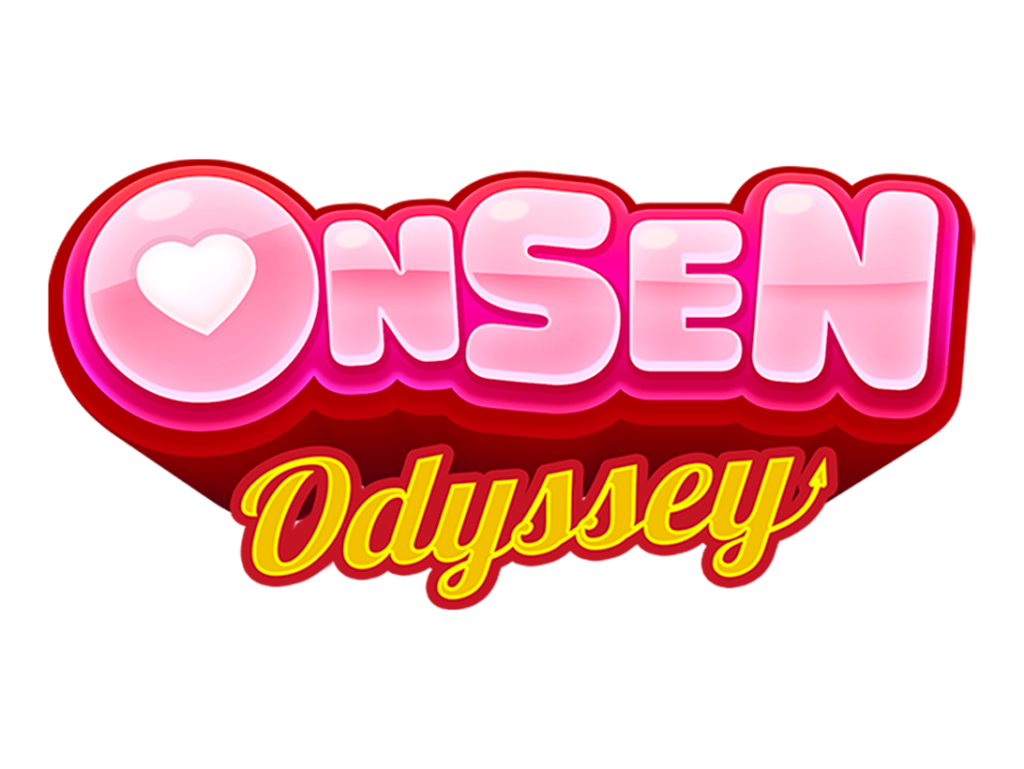The impact of blockchain on digital identity is a transformative force that is redefining how we manage and protect our online presence. In a world where data breaches have become a common occurrence, blockchain offers a secure and transparent way to control personal information. Imagine your digital identity as a key to countless doors—banking, social media, healthcare, and more. The traditional keys can be copied or stolen, but blockchain presents a secure and impenetrable solution. Through cryptographic algorithms and decentralized networks, blockchain ensures that your digital identity remains in your hands, free from manipulation and unauthorized access.
The Current Landscape: Understanding Digital Identity
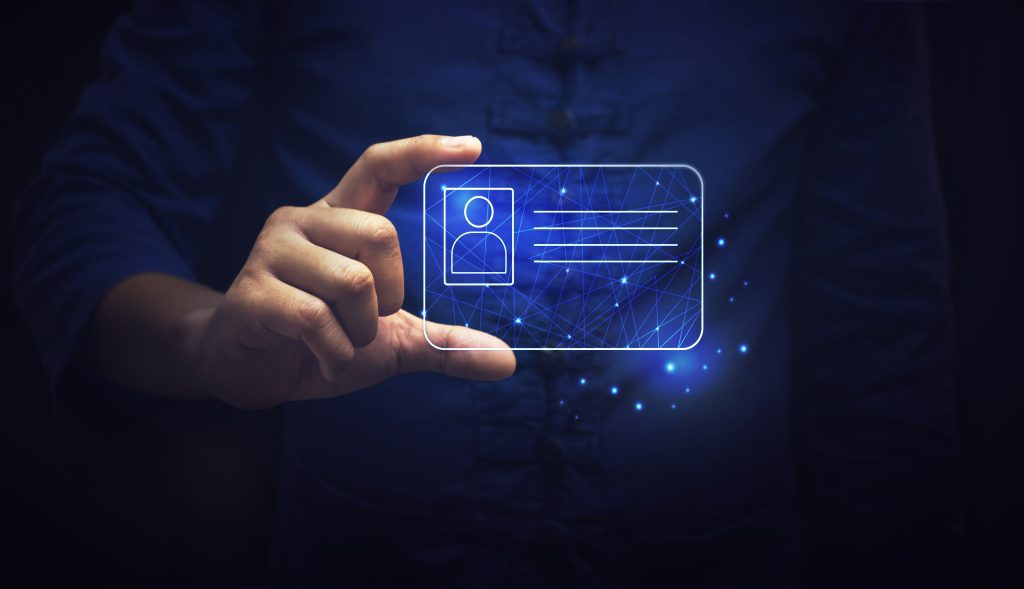

Digital identity refers to the online persona of an individual, business, or device, encompassing various aspects like usernames, passwords, biometric data, and more. Today, digital identity is at the core of numerous daily interactions. For example, Singapore’s Smart Nation initiative leverages digital identity to provide seamless public services and promote a cashless economy. In the corporate world, companies like Microsoft are driving the adoption of digital identities for secure collaboration. Meanwhile, the average internet user juggles dozens of online identities, all requiring unique authentication. These examples showcase the ubiquity and complexity of digital identity, and why understanding this landscape is essential for recognizing the need for more secure, transparent solutions.
The Challenges: Problems for Digital Identity Today
Digital identity management faces significant challenges in our current landscape, often marked by data breaches, identity theft, and fraud. In 2019, an alarming 14.4 million consumers in the U.S. were victims of identity fraud. Traditional centralized systems are often vulnerable to hacking, leading to unauthorized access and misuse of personal data. Additionally, there’s a considerable issue with inaccessibility. For example, as of 2020, over one billion people worldwide still lack a legally recognized identity. This gap often leaves individuals without access to essential services like healthcare, education, and financial services. Coupled with the rise of sophisticated cyber-attacks, the existing problems for digital identity management call for a revolutionary approach to security and accessibility, paving the way for blockchain’s role as a robust solution.
The Blockchain Solution: How Blockchain Resolves Identity Concerns
The blockchain solution is forging a new path in identity management by resolving key concerns that have plagued traditional systems. By employing decentralized identifiers (DIDs), blockchain takes control away from centralized entities and places it directly in the user’s hands. Unlike conventional methods, where a single point of failure can lead to a data breach, blockchain’s decentralized nature ensures robust security.
DIDs work by creating unique, cryptographically secured digital IDs that can’t be tampered with or forged. For example, Estonia has adopted blockchain technology in its e-residency program, allowing global entrepreneurs to run and manage businesses online securely. Moreover, through the use of smart contracts, blockchain enables automatic verification and authentication, reducing the potential for fraud and improving efficiency.
Another noteworthy advantage of blockchain is its transparency. All transactions and changes to an identity are recorded on a public ledger, enabling real-time verification while still preserving privacy. This transparency means that every aspect of one’s digital identity is traceable, auditable, and secure.
Security and Privacy: Blockchain’s Ironclad Protection
When it comes to digital identity, the twin pillars of security and privacy cannot be overstated. Blockchain offers ironclad protection, setting new standards in both these domains.
Firstly, blockchain’s cryptographic algorithms make it nearly impossible for unauthorized users to access or alter data. In a world where over 4.1 billion records were exposed in just the first half of 2019, this is a monumental leap in safeguarding personal information.
Furthermore, blockchain’s decentralized nature eliminates the risk associated with having a single point of control or failure. This decentralization is epitomized in technologies like Bitcoin, where transactions are verified by a network of nodes, ensuring integrity without a central authority.
Regulatory compliance is another crucial aspect. Blockchain can be tailored to meet regulations such as GDPR, enhancing data protection, and ensuring that personal information is handled with the utmost care.
An example of blockchain’s security prowess can be found in IBM’s Identity-as-a-Service (IDaaS) offering, where blockchain is used to create a tamper-resistant log of all access and activities. The application of blockchain in such critical areas underscores its unparalleled potential in providing a secure, private environment for managing digital identities.
Integrity and Trust: Building a Reliable Digital Identity
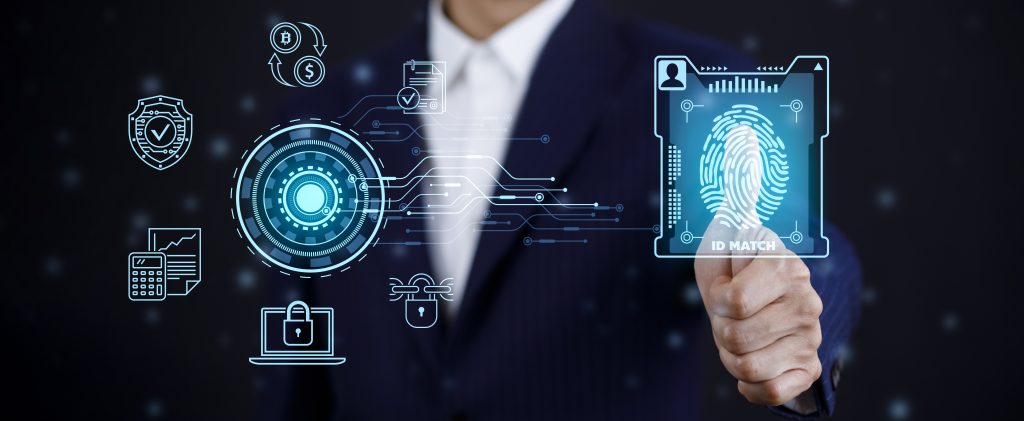

The blockchain’s integrity and trust mechanisms are vital in constructing a reliable digital identity framework. Its decentralized structure, consensus algorithms, and cryptographic techniques collectively form an immutable and tamper-proof system.
Through decentralization, no single entity has control over the entire network. This prevents any unilateral modifications, ensuring the integrity of the data. Utilizing consensus mechanisms like Proof-of-Work (PoW) or Proof-of-Stake (PoS), blockchain ensures that all participants agree on the validity of a transaction.
For instance, Australia’s National Blockchain Roadmap emphasizes the need for robust integrity mechanisms to enhance trust across various sectors. Blockchain’s role in enhancing data quality and trustworthiness is not just theoretical but implemented in actual policy.
Real-world Applications: Blockchain and Identity in Action
The transformative impact of blockchain on digital identity can be observed in various real-world applications. These use-cases offer tangible evidence of the technology’s practical benefits.
- Credit Reporting Apps: By leveraging blockchain, apps like Bloom offer decentralized credit scoring, protecting personal data and offering more transparent credit assessments.
- Gaming Accounts: Ubisoft, a leading gaming company, is exploring blockchain to ensure unique and secure player identities across platforms.
- National Identifiers: Countries like Estonia have integrated blockchain into national identification systems, ensuring the security and authenticity of citizen data.
These examples demonstrate the remarkable versatility of blockchain in addressing unique challenges across different domains, firmly establishing it as a game-changer in digital identity management.
The Future of Digital Identity with Blockchain
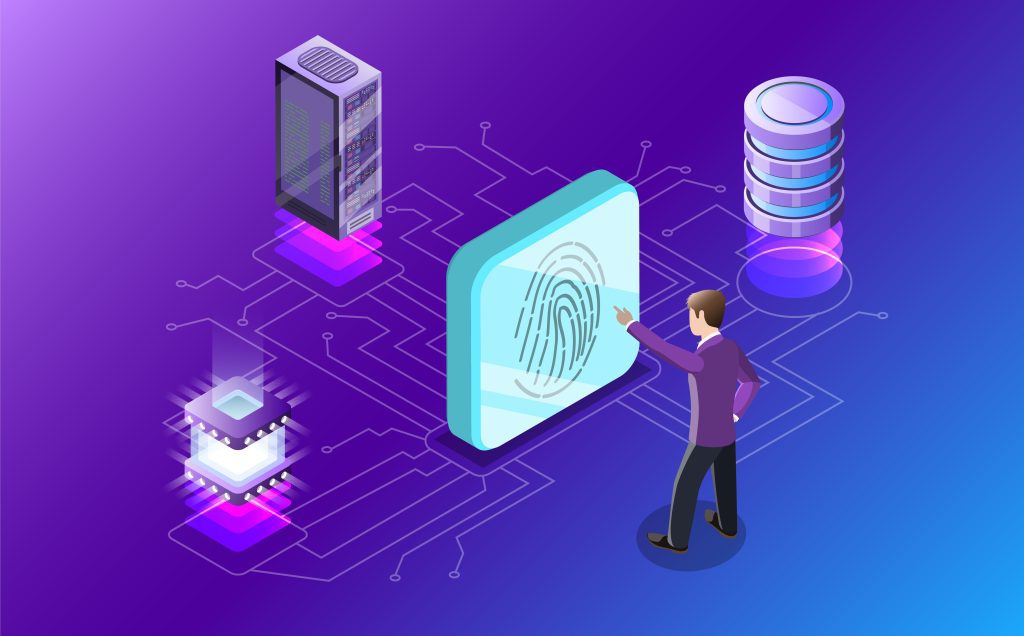

The role of blockchain in shaping the future of digital identity is both profound and promising. Its decentralized structure, coupled with ironclad security measures and real-world applications, places blockchain at the forefront of a new era of digital identity management.
Looking ahead, we can envision a world where digital identity is seamlessly integrated into our daily lives. Be it accessing financial services, signing into online platforms, or even crossing international borders, blockchain’s influence is set to make these processes more secure, efficient, and user-friendly.
Furthermore, as regulatory landscapes evolve, blockchain’s alignment with global data protection laws ensures its readiness to meet future challenges. The ongoing collaboration between governments, corporations, and technology providers is bound to propel blockchain’s role in digital identity to new heights.


